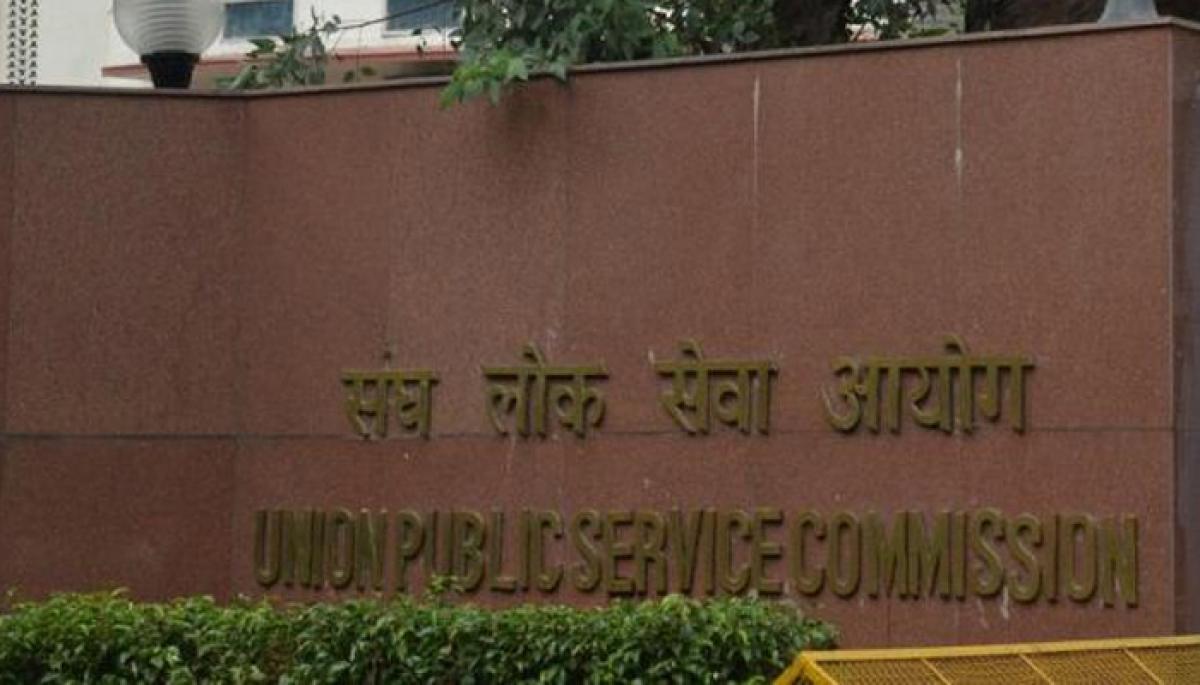Just In

An expert committee, formed to examine issues related to the prestigious exam conducted by the Union Public Service Commission to select administrative service officers, has sought public response on several issues, including relaxation in age limits and higher number of attempts for Scheduled Caste and Scheduled Tribe candidates to take civil services examination.
An expert committee, formed to examine issues related to the prestigious exam conducted by the Union Public Service Commission to select administrative service officers, has sought public response on several issues, including relaxation in age limits and higher number of attempts for Scheduled Caste and Scheduled Tribe candidates to take civil services examination.
The survey seeks response from people through questions like, “Civil services examination in its current form provides a certain advantage to the students with an urban background” and “basic knowledge of the English language is necessary for a civil service aspirant in today’s context”.
It is said to be an information-gathering exercise by the committee, formed last year by the Central government, headed by former HRD secretary and retired IAS officer B.S. Baswan.
“Please note that the Union Public Service Commission has not commissioned this survey and it is only an information-gathering exercise being undertaken by the expert committee,” the Commission has clarified.
The panel is mandated to examine various issues related to age relaxation, eligibility, syllabus and pattern of the civil services examination.
It will also review the effectiveness of the existing scheme of the examination in selecting suitable candidates and “suggest the time frame for implementation of the revised pattern of examination”.
The examination is conducted by the UPSC annually in three stages—preliminary, main and interview—to select officers for the Indian Administrative Service, Indian Foreign Service and Indian Police Service, among others.
The committee was formed after some groups of students protested against the present pattern of the examination.

© 2024 Hyderabad Media House Limited/The Hans India. All rights reserved. Powered by hocalwire.com







